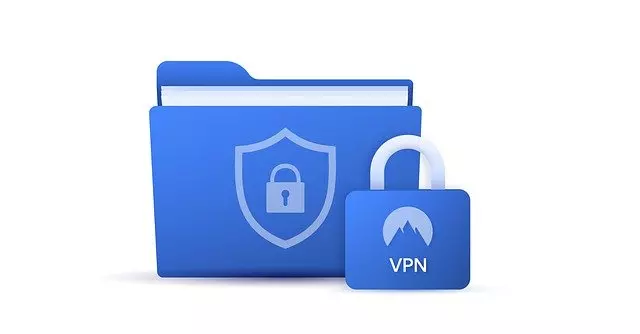Bloatware is software that has unnecessary features that simply takes place in your storage space/hard drive and consumes valuable resources from your device such as RAM memory, CPU usage, battery life, etc., without giving you virtually anything useful in return.
Manufacturers and carriers often load with unwanted software. If you don’t use bloatware, they just clutter your system, or–even worse–drain your battery in the background.
Typically, bloatwares are aimed at giving new users something to try. Bloatware maybe games, which a new user can try before they work out how to install more. Bloatware maybe productivity suites such as word processors and PDF viewers, in hopes that the user will enjoy them enough to pay without checking the app store for alternatives.
Bloatware was pervasive in the 1990s as software companies made arrangements with manufacturers to get their products pre-installed on PCs. Sometimes these pre-installed programs were even set to launch at start-up, slowing down machines. Not all bloatware is bad. Some pre-installed media suites or control centers can be useful, and some are very easily removable.
Also Read:
- What is RAT (Remote Access Trojan)
- What is Malware and Types of malware
- What to Do if Your Computer Gets Hacked
- Most Secure Browsers for security & privacy in 2019
Why Bloatware is a threat?
Firstly, bloatware can significantly slow down your computer. If you have lots of these programs loading in your device start-up or performing operations in the background, they can eat up your RAM.
Bloatware exposes users to a greater number of cybersecurity risks. If it connects to the internet. But that’s when you discover a bunch of weird apps you not only never use, but never even downloaded. And worse yet you can’t Delete them.
In some instances, you can uninstall the bloatware, and in other instances, you can’t. Whether you consider such add-ons to be a bonus or needless bloatware depends on how likely you use them. Note that in many cases, these utilities duplicate functionality that’s already present in the Windows OS.
What are the most common bloatware programs
1. Manufacturer bloatware
It is a very common practice for computer manufacturers to install bloatware onto their PCs as simple merchandise placement. From HP and Dell to Apple and Lenovo, each computer provider has its own line-up of pre-installed bloatware living on products from day one of purchase.
Depending on the manufacturer of your PC, your manufacturer bloatware may differ, meaning HP bloatware will carry a different name than Dell bloatware.
2. Adware
Adware isn’t usually pre-installed on your PC. Their methods of distribution are different – usually through the internet, via bundling with free Bloatwares program or by being sent to your email.
The main goal of these Bloatwares programs is to flood your browser with various obstructive ads, that you can’t get rid of. Adwares are annoying and intrusive and while you may still find some basic use in some pre-installed utility programs, adware programs are almost always perfectly useless and may even expose your system to certain risks.
3. Trialware
Pre-installed Bloatwares applications that allow users to use software for free for a limited time are considered trialware. After a 30-day or 6-month trial period, the software requires payment to continue regular functionality.
The most common type of trialware Bloatwares falls within the security software genre. McAfee and Norton are among the most popular pre-installed trialware programs that give users a free taste of top-notch cybersecurity before requesting credit card information.
The thing about Bloatwares is that if the trial period has finished and you do not pay for the full version, the program will usually become useless and will only take space on your hard-drive and/or hassle you with constant prompts to update it. Also, you may expect this can get quite annoying. So if you don’t consider paying for it, you’d better have it removed.








